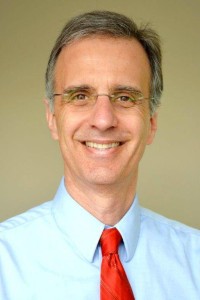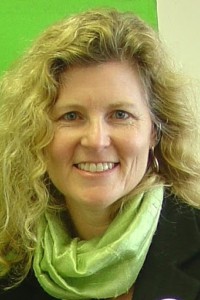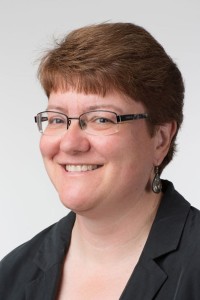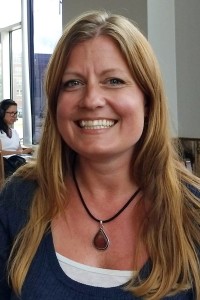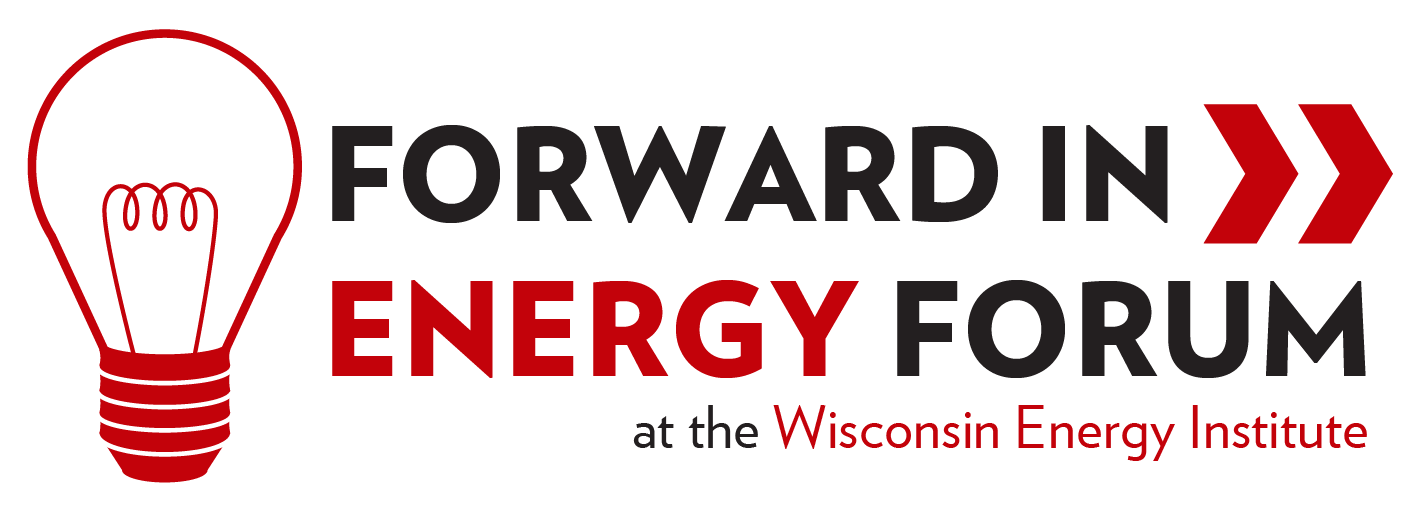
The global scale of energy and climate challenges means that energy policy solutions often develop at a national or international level. As federal policies remain uncertain, however, many state and local governments around the United States and in Wisconsin are taking actions to transition their economies to cleaner and more efficient energy systems.
Join us for a mini-symposium on October 23 to discuss why state and local governments feel compelled to act and what changes can be accomplished at these levels. Dane County Executive Joe Parisi will deliver a keynote, followed by a panel discussion on the advantages and disadvantages of bottom-up versus top-down approaches to energy policy action.
Walk-ins welcome! Refreshments will be provided.
Keynote Speaker
Joe Parisi
Dane County Executive
Joe Parisi has called Dane County home his entire life. Joe sought out public service as a way to give back to a community that has given so much to him. Joe was first elected as County Executive, the chief elected leader of Dane County, in 2011 after six years in the State Assembly and eight years as Dane County Clerk.
Joe’s priority is to ensure that everyone in our community has access to the opportunity to succeed. He believes investing in people pays big dividends. Joe knows this can work because he experienced it. As a teenager, Joe dropped out of high school. He was encouraged to return to education through a community program by people who believed in him. So he worked to earn his GED and went on to MATC (now Madison College) and graduated from UW–Madison with a degree in sociology. Now Joe believes it is his turn to give back to ensure that our children’s generation has access to the same opportunities that were available to him.
Moderator
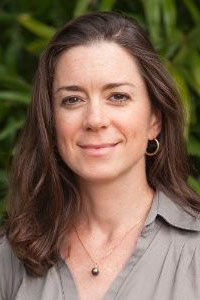 Leah Horowitz
Leah Horowitz
Assistant Professor, UW–Madison School of Human Ecology
As a critical cultural geographer, Horowitz’s research examines grassroots engagements with environmental issues.
By using ethnographic methods to explore the cultural complexities and power dynamics of tensions surrounding the management and exploitation of natural resources, Horowitz’s research contributes to our understanding of the importance of relationships and networks – and the crucial role emotions play within these – in enabling and shaping various modes of environmental governance.
Horowitz has examined micro-political alliances and conflicts around biodiversity conservation, both rural (national parks in Borneo, community-initiated projects in New Caledonia) and urban (New Jersey wetlands). Currently, she is focusing on Kanak responses to multinational mining and refinery projects in New Caledonia. She is embarking on a new research project examining American Indian communities’ responses to unconventional fossil fuel development (pipelines carrying tar sands and crude oil, and frack sand mining) in the Midwest.
Panelists
Sherrie Gruder
Sustainable Design Specialist/Energy Program Manager at University of Wisconsin–Extension
Sherrie Gruder is a sustainable design specialist and energy program manager at University of Wisconsin–Extension. She provides statewide education and technical assistance on sustainable community development, sustainable energy strategies and green building to Wisconsin communities, local and state governments and businesses. She also manages the statewide Energy on Wisconsin program for UW–Extension with the State Energy Office, providing information, education, technical assistance and funding to help communities move toward energy independence. Her work enhances energy and sustainability literacy based on critical thinking about the relationship of energy with issues such as cost, human and environmental health, economic development, local self-reliance and climate change.
Sherrie served on the renewable energy board of the Wisconsin Focus on Energy Program for eight years and on the Wisconsin Office of Energy Independence committees developing and implementing the Energy Independent Communities program. Sherrie is a LEED™ Accredited Professional by the US Green Building Council (USGBC) and served two terms on its Government Core Committee. She is co-leader of the UW–Extension Sustainability Team and has trained in Sweden on The Natural Step.
Kathy Kuntz
Executive Director of Cool Choices
Kathy Kuntz is the Executive Director of Cool Choices, a Wisconsin-based nonprofit that inspires individuals, communities and businesses to adopt sustainable practices that reduce greenhouse gas emissions. Cool Choices collaborates with private businesses and public entities to engage employees around sustainability, promoting changes at work and at home via a fun and online platform. Since 2010, Cool Choices has inspired more than 8,000 individuals in almost 100 organizations to adopt hundreds of thousands of sustainable practices. Kathy has led Cool Choices since 2010 and has more than two decades of experience with energy efficiency and renewable energy. She previously led Focus on Energy, Wisconsin’s statewide energy efficiency and renewable energy program. The author of numerous presentations and papers on behavior change and energy efficiency, Kathy has a bachelor’s degree from the University of Minnesota, Morris, and a master’s degree from the University of Wisconsin–Madison.
Stacie Reece
Sustainability Coordinator for City of Middleton; Director of the Sustainable Business Initiative at Sustain Dane
Stacie Reece is the sustainability coordinator for the City of Middleton and director of the Sustainable Business Initiative at Sustain Dane. For the City of Middleton, she manages city-wide sustainability projects, including updates to the city’s sustainability plan, preparing energy benchmarking and goals for city buildings, streetlights, and vehicles, and tackling large-scale projects such as curbside compost collection and the development of new renewable energy systems in Middleton.
As director of the Sustainable Business Initiative at Sustain Dane, a local non-profit with a mission to foster a rich and diverse community of sustainability champions, Stacie has worked with the Sustainable Business Network and the MPower Business Champions Program to help businesses establish over 500 sustainability projects which have saved over $1.7 million and kept over 60,000 pounds of carbon dioxide out of the atmosphere. Stacie also serves on the Dane County Climate Council and the City of Madison Sustainability Committee. She has a B.S. from the University of Wisconsin in Sustainable Management. In her free time, she enjoys biking, movies, sports, and spending time with her dogs.

